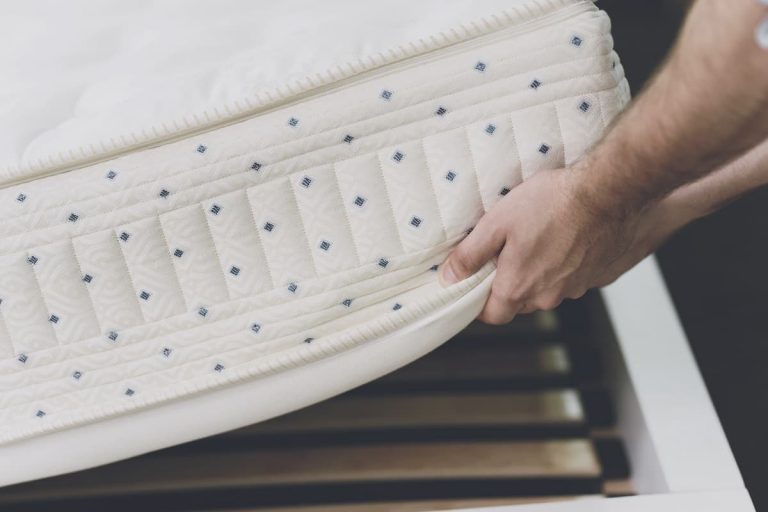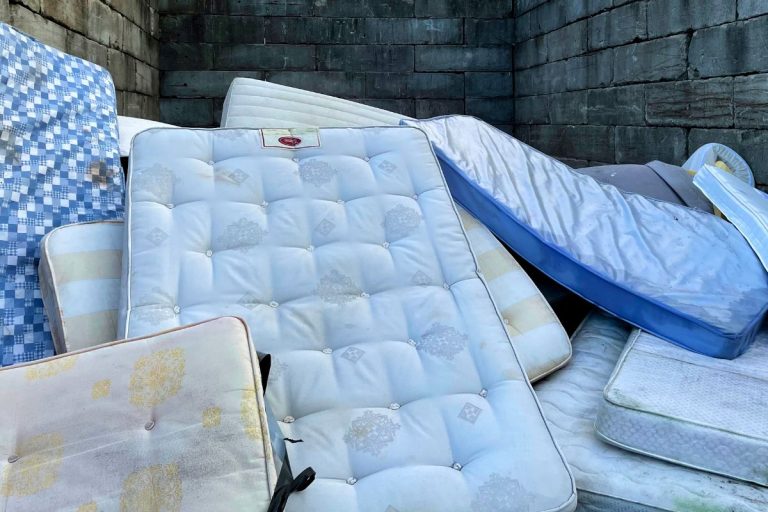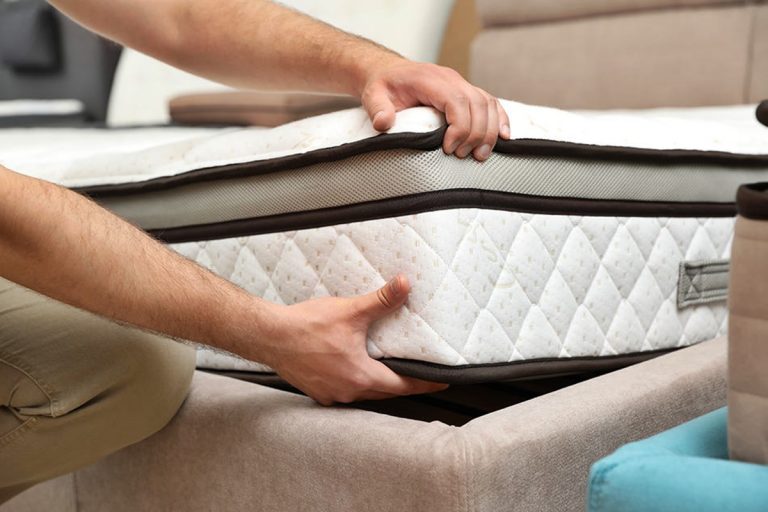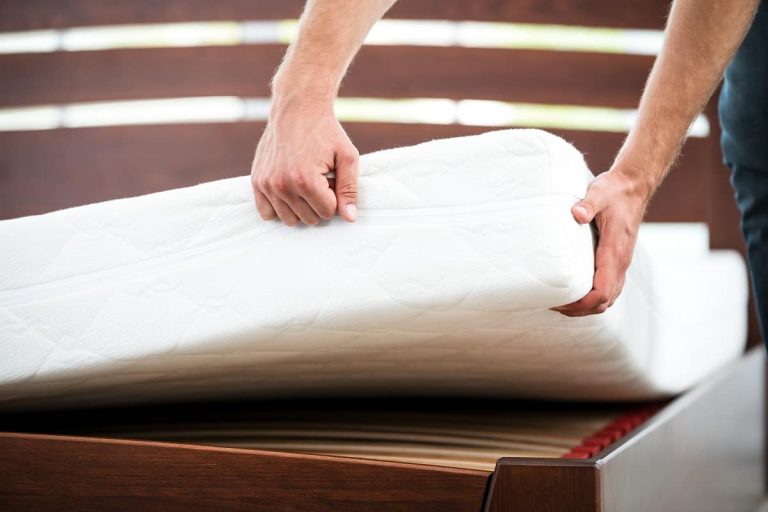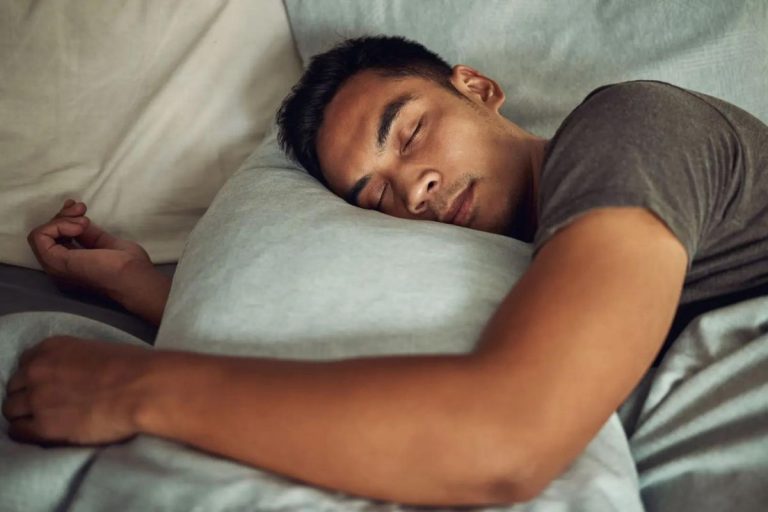When people hear that they have high cholesterol, it’s a cause for concern and they may not be ready for a lifestyle change that’s necessary. While many people think that the main reason behind their high cholesterol is bad diet, being overweight or drinking too much alcohol, they don’t realize that lack of healthy sleep hygiene can be nearly as deadly.
In this article, we’ll talk about the causes of high cholesterol and how it affects our health. Mainly, we’ll talk about the link between high cholesterol and sleep, and how changes in your sleep routine can also fix your blood culture and improve the health of your heart.
Let’s define the cholesterol as a whole properly. There are different types of cholesterol and each one of them has a different purpose. Cholesterol helps our body produce the necessary vitamin D which is used for treating infections and boosts our overall immunity. Additionally, certain hormones also benefit from different types of cholesterol.
In slang language, we often say that there is good and bad cholesterol. In a medical sense, good cholesterol is known as the high-density lipoprotein (HDL) while low-density lipoprotein (LDL) is known as the bad cholesterol.
If the value for the bad cholesterol is too high, it can cause the development of lipid plaques in arteries and other blood vessels, which mostly result in heart disease and other cardiovascular issues. In addition to that, it may also cause tingling and numbness, once the blood vessels are clogged.
HDL cholesterol can help eliminate the excess amount of other cholesterol. It delivers all the necessary material our body needs for healthy functioning and helps our body get rid of the bad materials.
That said, with good knowledge of the two cholesterols, you need to find a way to minimize the LDL cholesterol intake, and focus on the HDL intake. Proper regulation of diet can also help with proper cholesterol intake.
Additionally, if you suspect you’re under the risk of high cholesterol, it’s necessary to visit your doctor regularly. According to the American Heart Association (AHA), every adult aged above the age of 20 should screen themselves for high cholesterol. It’s a blood test that you can do as part of your regular yearly blood culture check.
People older than 45 should take extra attention to tracking their cholesterol levels if they have high pressure, or have a family member with a history of high cholesterol.
Poor Sleep Hygiene Compromises Your Cholesterol
Our sleep is extremely tied to our overall health. Cholesterol, a chemical that affects our heart’s health is only naturally connected to our sleep quality. If you don’t trust us, take a look at this study, which found that people who both oversleep and don’t have enough sleep have compromised lipid levels.
This extensive study looked at people older than 20. They examined sleep patterns and habits of the subjects, where those who slept less than five hours would risk the peak of triglycerides while the good HDL cholesterol levels would decay in women. However, those who slept longer than eight hours were prone to the same risks. That means it’s necessary to find balance in everything.
The study discovered that men were less prone to those changes with women, meaning they were exposed to less risk.
Interestingly, another study found that getting an insufficient amount of sleep leads to a drastic LDL level increase, which is bad for our blood and heart’s health.
Those who were getting less than six hours per night risked a severe heart disease due to the drastic rise in the LDL cholesterol, increasing the odds for stroke.
Sleep Apnea and High Cholesterol
The same study from above found that frequent snorers suffered from the HDL cholesterol decay. The study displays connection between high cholesterol and snoring, which means that sleep apnea patients who snore and gasp for air may be more prone to high LDL cholesterol and serious cardiovascular issues.
There is another study that found connection between sleep apnea and high cholesterol.
Without treatment and CPAP machine, sleep apnea patients have difficulties sleeping without waking up, leading to ultimately poorer sleep quality and high overall cholesterol.
Sleep-Deprivation, Food Cravings And Cholesterol
Finally, another study connected the lack of sleep to more food cravings. People who wouldn’t get enough of sleep could be looking for a way to replenish their energy through extreme intake of caffeinated drinks and sweet and salty foods. Fast foods usually leads to high cholesterol, especially if you constantly eat it and don’t practice physical activities.
Keep in mind that the results from these studies, are limited however. Sleep-related cholesterol can come off as a result of poor sleep quality. It doesn’t, however, mean that all participants had poorer cholesterol performance because of poor sleep quality. It’s important to take other factors into consideration like stress, lack of physical activity, poor diet and others.
Cholesterol and Insomnia
We are aware that sleep deprivation leads to higher levels of cholesterol. However, a study found that insomnia and higher level of LDL cholesterol and triglycerides aren’t associated one to another. Still, some experts said that cholesterol can cause insomnia in patients who already take strong sleeping pills.
Can High Cholesterol Affect Sleep?
There is no direct evidence that cholesterol in itself can affect sleep. However, a higher blood pressure or heartburn can directly affect sleep quality and even cause insomnia. Higher blood pressure is a consequence of untreated high cholesterol which can cause a heart disease.
How to Improve Bad Cholesterol Levels?
There are other ways other than improving sleep that can help with cholesterol levels. Some of them include:
- Eating less sodium-rich and saturated fat food but focusing on omega-3 fatty acids rich foods, lean protein, vitamin B12 and more soluble fiber.
- Reducing smoking or quitting it.
- Losing excess weight. A study found that losing between 5 and 10% of your weight contributed to better cholesterol levels.
- Abstinence from alcohol.
- Exercise more.
- Try out swimming.
Techniques That Will Improve Your Sleep And Cholesterol Levels
Our sleep preferences differ, but experimenting with sleep positions, ambient temperature and lighting can help find the winning formula that helps you sleep more peacefully. With that in mind:
- Consider changing your mattress or pillows, if you think that you feel uncomfortable.
- Keep the room temperature between 60 and 75 degrees Fahrenheit. You can also invest in some of the bed cooling systems we reviewed.
- Ensure to make the room as quiet as possible. If that’s impossible due to busy traffic or neighbors, we reviewed best white noise machines that can mask out the noise.
- Don’t use electronics before bed.
- Don’t eat heavy meals before bed. Some experts recommend not eating after 6pm. Some experts say you shouldn’t eat 3 to 4 hours before bed.
- Don’t exercise in the night. Do moderate stretching, instead.
- Make the room darker. You can either invest in darker curtains or sleep mask.
High Cholesterol Urges For a Doctor’s Appointment
You may face sleep difficulties for different conditions rather than high cholesterol. Your sleep may be affected by sleep apnea in case you have high-pressure problems or are overweight. If there are risk factors for high cholesterol, it’s important to identify them with your doctor.
If your cholesterol is just above the permitted threshold, your doctor will only suggest moderate lifestyle changes and track the changes through blood tests and blood pressure. However, if your cholesterol levels are difficult to keep under control, they will suggest medication that will help stabilize it.
If you have difficulties sleeping, you should also mention it to your doctor. They will either appoint you to a therapist, in case you have insomnia or workaround another solution to allow you to sleep more restful. They may also suggest different techniques to relax before bedtime and help you fall asleep easier.
Conclusion
Believe it or not, cholesterol and lack of sleep are more closely connected than you previously thought. Sleep disorders associated with lack of sleep or poor sleep quality have associations with high cholesterol and heart conditions. That’s why it’s important to maintain healthy sleep hygiene and other lifestyle improvements to keep the overall cholesterol optimized.
